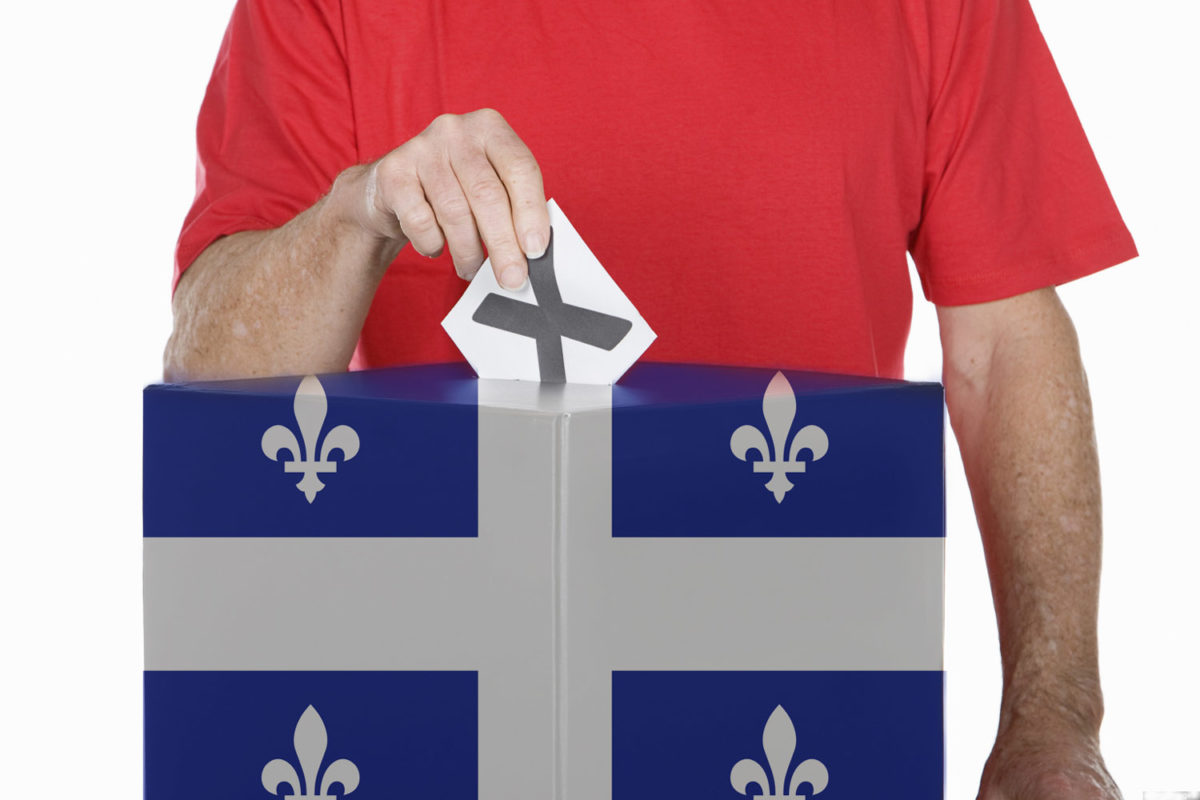
The Quebec general election this year is the first since the mass student protests of 2012. Students in Quebec secured their role as active participants in the province’s political landscape in 2012 when they flooded the streets in the thousands to protest tuition increases. Protesting and voting seems to be ingrained in the younger generation of Quebec.
“I would bet, if I were a betting man, that Quebec students vote in greater numbers than students in the rest of the country,” said St. Thomas political science professor Tom Bateman. “Politics is a much more popular sport in Quebec than in the other provinces.”
This election faced issues common to all Canadian elections, like the economy, education and healthcare. But it had an added twist of confronting issues like sovereignty, in spite of Pauline Marois’s best efforts to table the topic. In Quebec politics, the balance of francophone and anglophone is always considered.
“It’s all about how Quebec deals with its anglophone official language minority. That’s what it always is,” said Bateman.
St. Thomas student Jean-Étienne Sheehy thinks one issue that doesn’t seem to be receiving much attention is post-secondary education. Sheehy has been a New Brunswick resident since 2006 but was born in Quebec. He said everything that was gained by the students in 2012 seems to have faded away.
“It’s almost like if in less than two years, the hope and wind of change that was brought up the mass protests movement and the students union [such as] CLASSE, FECQ and FEUQ had died and was forgotten,” Sheehy said.
Now, students are cynical toward politics, said Sheehy. He says it’s difficult for a student to see their interests represented with any political party.
Bateman said English-speaking students in Quebec are a barrier to keeping Quebec as a purely French province. During this election some students from McGill University were forbidden from voting because they were not “domiciled” in Quebec.
The domicile rule says an eligible voter must have lived in Quebec for six months to vote, but this rule is open to interpretation from the revision officers, and some feel they’ve been discriminated against based on their status as anglophone and as students.
Kalina Laframboise said this barrier will only serve to push students toward the polls harder. Laframboise is in her last year at Concordia University. She was the Quebec bureau chief for Canadian University Press and the news editor for the school’s paper, The Concordian. She thinks students who aren’t necessarily politically inclined will now want to vote in defence of their classmates.
“If they hear about how other students might not be able to use their right to vote I feel like they’ll be more likely to go to the polls.”
Laframboise said students in Quebec seem to understand the implications of voting – or not voting. She said Quebec is such an unpredictable province that an election could easily change directions and Quebecers want to make sure they played their part.
“If Quebecers are discontent and things are not going the way they want them to, then they definitely make it known and their voices are heard.”
